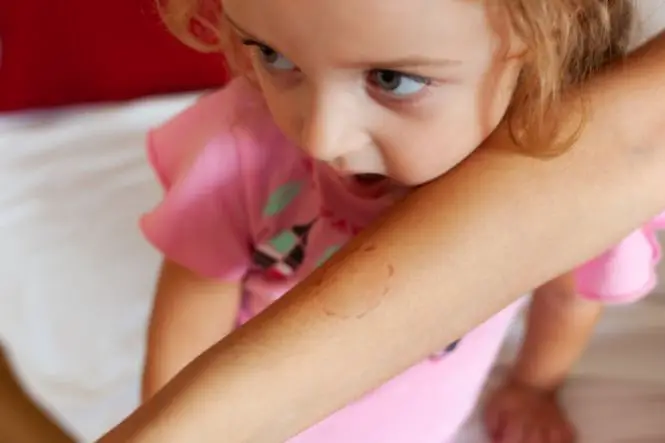Only a trained professional could diagnose a behaviour disorder in your son, and this could only happen after such a professional observes and interacts with your child as well as hears about his personal history. In a child as young as 3, this may be hard to do given that your son’s personal history is relatively short.
Since your GP has already advised you that your son’s behaviour is age-related, have a think about how hard the ‘Terrible Twos’ hit your son. When did they did begin? What kind of behaviour did he display during this developmental stage? Can you say for sure when this stage ended? In answering these questions you may well find that your son has only recently started this stage or indeed seems to still be in the middle of an extended version of it.
Parenting a young child who is routinely oppositional and aggressive can be tough, but practise some patience. It may well be that your son is not trying to upset you but is instead trying to assert his own personality and independence. The hitting and throwing may simply be a temper tantrum that he has when he becomes frustrated that he can not express himself, or that you do not understand what it is that he is expressing.
If possible, take note of your son’s behaviour over the next few weeks. Is there a particular cause? Does it occur at a particular time of day or with a particular person? When and why does he resort to hitting and throwing? Think about factors such as hunger, boredom or exhaustion. As you answer these questions you may find a pattern that can give you clues to help curb these behaviours in the future.
But don’t wait to act on limiting your son’s inappropriate behaviour. Try to set up a routine for your son so that he knows what to expect from his day, and when. Offer him limited choices and agree to whatever choice he makes. Begin to discipline him with time outs and/or use a reward chart to encourage good behaviour. Always make sure that you address his behaviour as bad or naughty so that he does not begin to believe that he himself is a bad person.
If you still find that your son’s behaviour is inappropriate, you should return to your GP or look for a second opinion. You may want to consider finding a private counsellor or therapist for your son who can walk you through his specific case and what to do next.



